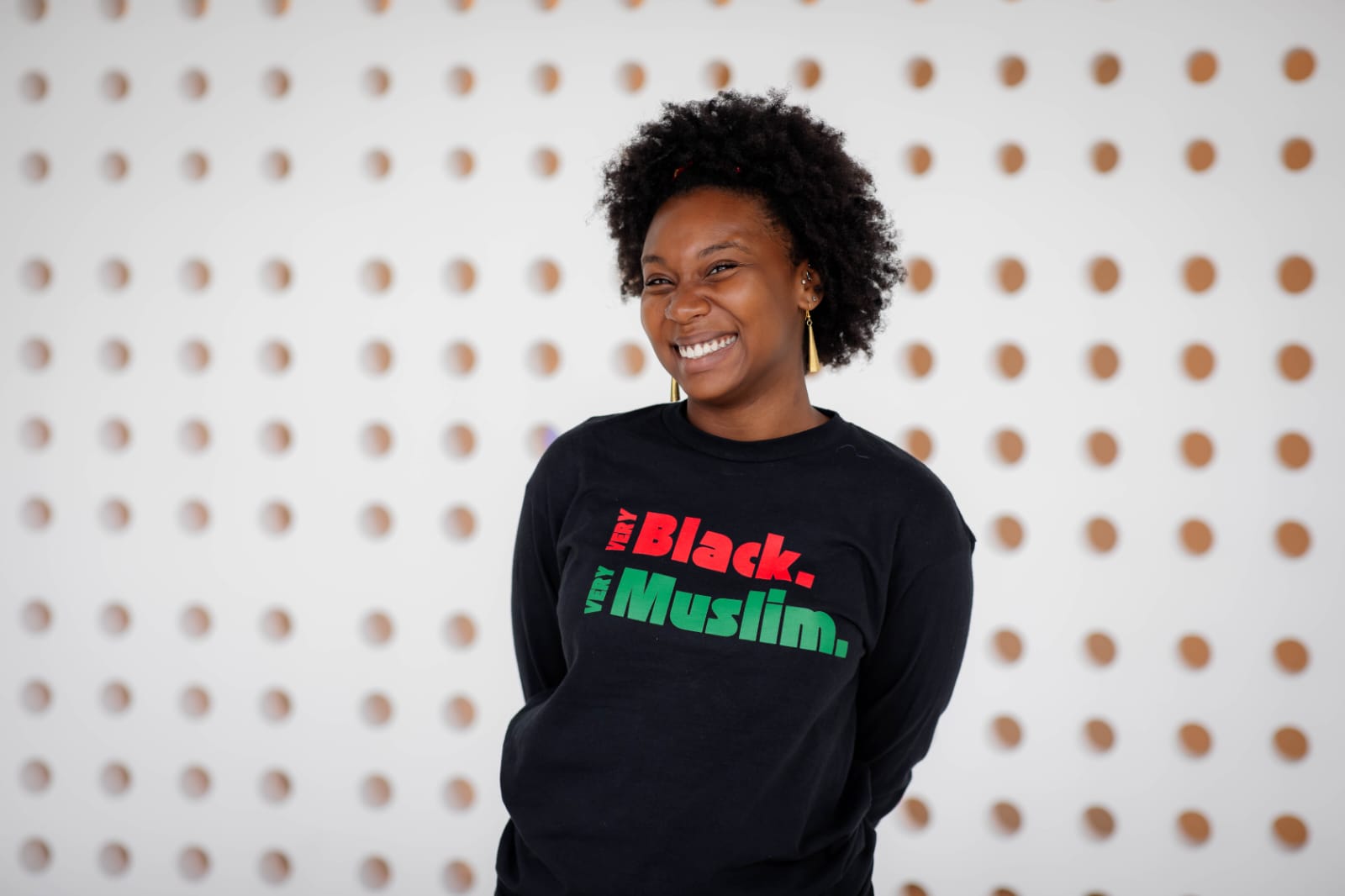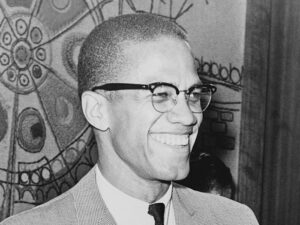I was captivated by the simple yet powerful slogan I saw on a sweatshirt designed by the Muslim Wellness Foundation. Rooted in identity, it boldly proclaims: “Very black. Very Muslim.1,” encapsulating a profound sense of self-ownership and pride.
As Black History Month draws to a close, this slogan reminds us that it is essential to be grounded in the awareness that our experiences and history as Black Muslims extend far beyond this month. We embody our identities as Black and Muslim every day of the year, embracing the complexities of this intersectionality as a lifelong journey. We should take pride in, and feel humbled by, the richness of these intertwined identities, which are both significant and divinely ordained by Allah.
Our ethnicity is a fundamental aspect of our identity, shaping our experiences and perceptions of the world. However, as black Muslims, our spirituality and faith transcend all other aspects of our identity, serving as a guiding light in our daily lives.
The intersectionality of being both black and Muslim presents a unique set of challenges and opportunities. We are constantly navigating the intricacies of multiple identities, each of which plays a significant role in shaping our lived experiences. The rich duality of being proudly and humbly black and Muslim gives rise to a nuanced and multifaceted perspective on the world.
In a society that often seeks to compartmentalize, categorize, and even marginalize individuals based on singular aspects of their identity, black Muslims stand at the crossroads of multiple intersecting identities. We embody a duality that defies simplistic categorization, embracing the complexity of our heritage and faith with pride and resilience.
Beyond Black History Month, we must continue to assert our presence and voice in various spheres of society. We must challenge stereotypes, defy expectations, and share our unique experiences and perspectives in spaces where they add value and are honored and respected. The narrative of our black Muslim identity is one of strength, perseverance, and unwavering faith in the face of adversity.
As Black Muslims, we are acutely aware of the multiplicity of our identities and the richness that comes from embracing all aspects of who we are. Our blackness and our faith are not mutually exclusive; rather, they complement and enrich each other, giving rise to a holistic understanding of self that transcends societal norms and expectations.
In conclusion, Allah, in His wisdom, has made us who we are and empowers us with divine guidance, the prophetic example, and a rich and unique history and legacy. Our collective journey as Black Muslims is a testament to the power of embracing intersectionality and honoring the complexity of our identities. Beyond Black History Month, our reality is a continuous lived experience in which we navigate the intersections of race, faith, and culture, shaping our experiences and perspectives in profound ways. It is through embracing the fullness of our identity that we find strength, resilience, and a sense of purpose in a world that often seeks to divide us.
- The sweatshirt is merchandise of the Muslim Wellness Foundation and can be purchased here. Photo credit: “Laila” by Dr. Kameelah Mu’min Oseguera ↩︎
Akanke is a native of Atlanta who now resides in Dayton, Ohio. She has also lived in Bahrain, Saudi Arabia, and Grenada, West Indies. She discovered Islam in 1994, and her faith, spirituality, and personal development have been the driving force in her life ever since. A graduate of Georgia State University with a degree in Communication, Akanke focused on film, TV, and cultural anthropology during her studies. Her career is diverse, and her interests span various media platforms. From producing TV and radio shows to creating documentaries, coaching individuals towards empowerment, creating and exhibiting unique abstract paintings, providing public speaking guidance, delivering leadership training, and lending her voiceover talent to various projects, she strives sincerely to make a lasting and authentic impact wherever she goes. Akanke has been a dedicated supporter of MANA since 2007, currently serving as the organization’s Board Vice President. In this role, she plays a key part in shaping the organization’s vision and strategy. Additionally, she serves as the part-time Communications Director, where she excels in crafting compelling communication tools, including newsletters, articles, graphic designs, and social media campaigns. Through her work with MANA, Akanke continues to make a positive difference, using her talents and passion to uplift and inspire others.






2 Responses
The link doesn’t seem to work. Can you post another one?
Thank you for pointing that out, Ibrahim. It has been updated.